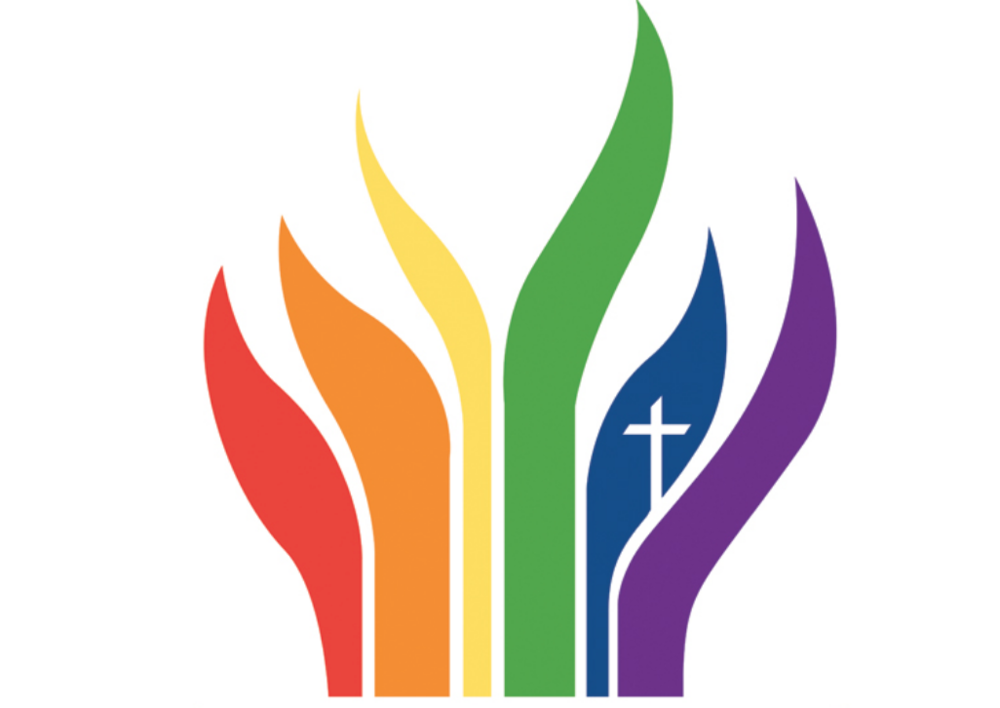Over decades, the map of U.S. Protestantism has been redrawn by splits over the authority and interpretation of the Bible that eventually focused on the LGBT dispute. Now we have a major case study that journalists will need to cover at the local, regional, national and global levels.
A balanced coalition of leaders in the large United Methodist Church (UMC) developed a treaty for mutually respectful separation — the Reconciliation and Grace Through Separation protocol — for that’s currently degenerating into a wasteful fight like other groups have suffered.
Reporters and concerned readers will want to dive into these commentaries and news stories:
* Look at a United Methodist timeline: Why are conservatives going nuclear with lawsuits?
* What happened to United Methodists’ proposal to split the denomination?
* Time is Running Out for Traditionalist United Methodists!
* For United Methodists, the center is not holding
* Special sessions of United Methodist annual conferences 2022
* United Methodist Church bishops mount defense amid conservative attacks (paywall protected)
* Liberal Bishops Have Redefined United Methodist Polity
The current maneuvers by the North American UMC establishment may well limit the number of dropouts joining the Global Methodist Church. Its vision has been to unite a million or more U.S. Methodist evangelicals with the growing Methodist churches in Africa and Asia, creating an effective and innovative international denomination dedicated to defending current Methodist doctrines. This could help counteract some U.S. conservatives’ drift into Christian nationalism. Is that still feasible?


